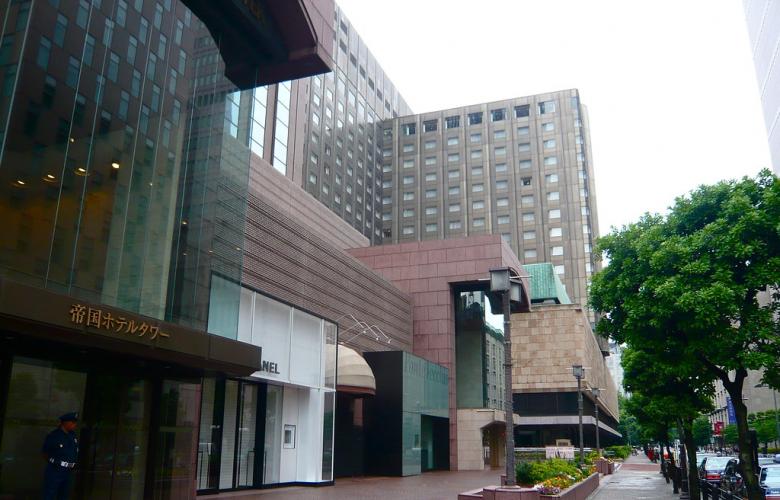A mega-scale redevelopment was just announced to start in Chuo Ward in 2020, right after the Olympic Games. The ward is one of the city’s central areas and home to government ministries, the upscale shopping district of Ginza and high-end residential properties on the Tokyo Bay.
A large-scale redevelopment project in central Tokyo
Mitsui Fudosan, one of the largest developers in Japan, and the Nippon Telegraph and Telephone (NTT) group will lead the project, with Tokyo Electric Power Co. Holdings (TEPCO) participating as well. Construction is expected to begin in autumn 2020, with several stages of completion for different properties involved; the final stage of completion is slated for 2036.
The move, amongst other projects that have been announced, might prevent construction from plummeting following the 2020 Olympic Games in the Japanese capital.
The exact location of the project is in the Uchisaiwaicho district, an office area close to the Imperial Palace. The redevelopment will span three main areas and cover a total of roughly 70,000 sq m.
Three stages planned between 2020 and 2036
The first stage involves a 46-story high-rise multi-use building of offices and stores. It will be built in the area that formerly housed the headquarters of NTT Communications until 2018. The building with 330,000 sq m of floor space is expected to be completed in 2025.
The second stage is a 45-story multi-use building that will also house a hotel and is expected to open in 2027.
The final stage is of historic interest as it involves either the tearing down or renovation of the Tokyo Imperial Hotel. The current building first opened its doors in 1970. Which way to go, to simply renovate or to completely tear down and rebuild is still to be decided during the course of the project.
Concerns over Tokyo's construction market post-2020
Other large redevelopment projects that have been announced this year to dispel the myth of a post-2020 slump include the new Mori development, which will be Japan's tallest skyscraper. In recent years, the upturn of Japan's construction market has been mainly fueled by projects related to the 2020 Tokyo Olympics, including the stadiums as well as e.g. the move of the Tsukiji fish market and the complete redevelopment of the area surrounding Shibuya Station to accommodate and channel the expected influx of visitors accordingly.
The Nikkei Asian Review reports that contracts received by major general contractors in Japan topped JPY 15 trillion (USD 138 billion) in fiscal 2018 for the first time in 20 years, according to the Japan Federation of Construction Contractors.
Yet, concerns exist that construction will fall after the games, hurting the economy overall. With the continuous investment in Tokyo’s redevelopment, the slump might be buffered or halted.
By Mareike Dornhege
Similar to this:
Japan's tallest Skyscraper revealed in the Mori Toranomon-Azabudai Project
Daiwa to build 3,000 short-term apartments across Japan in time for Olympics
Before you build: Groundbreaking ceremonies in Japan





